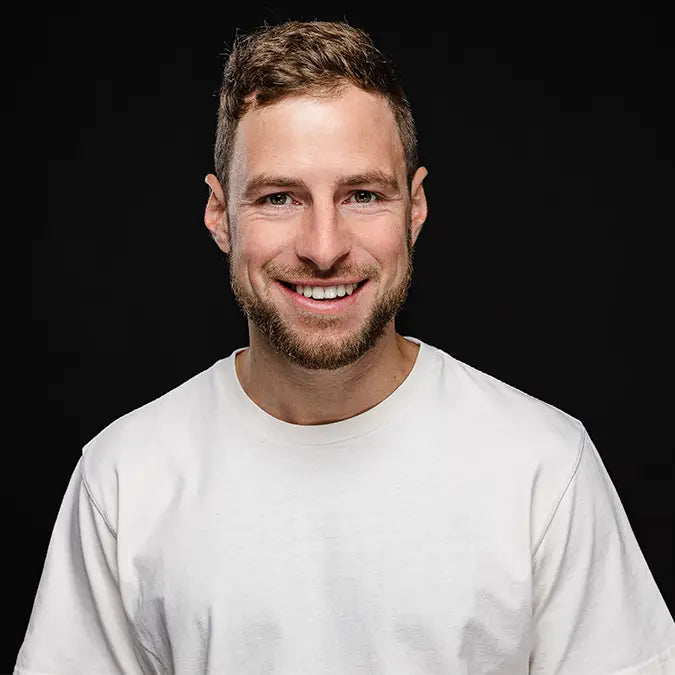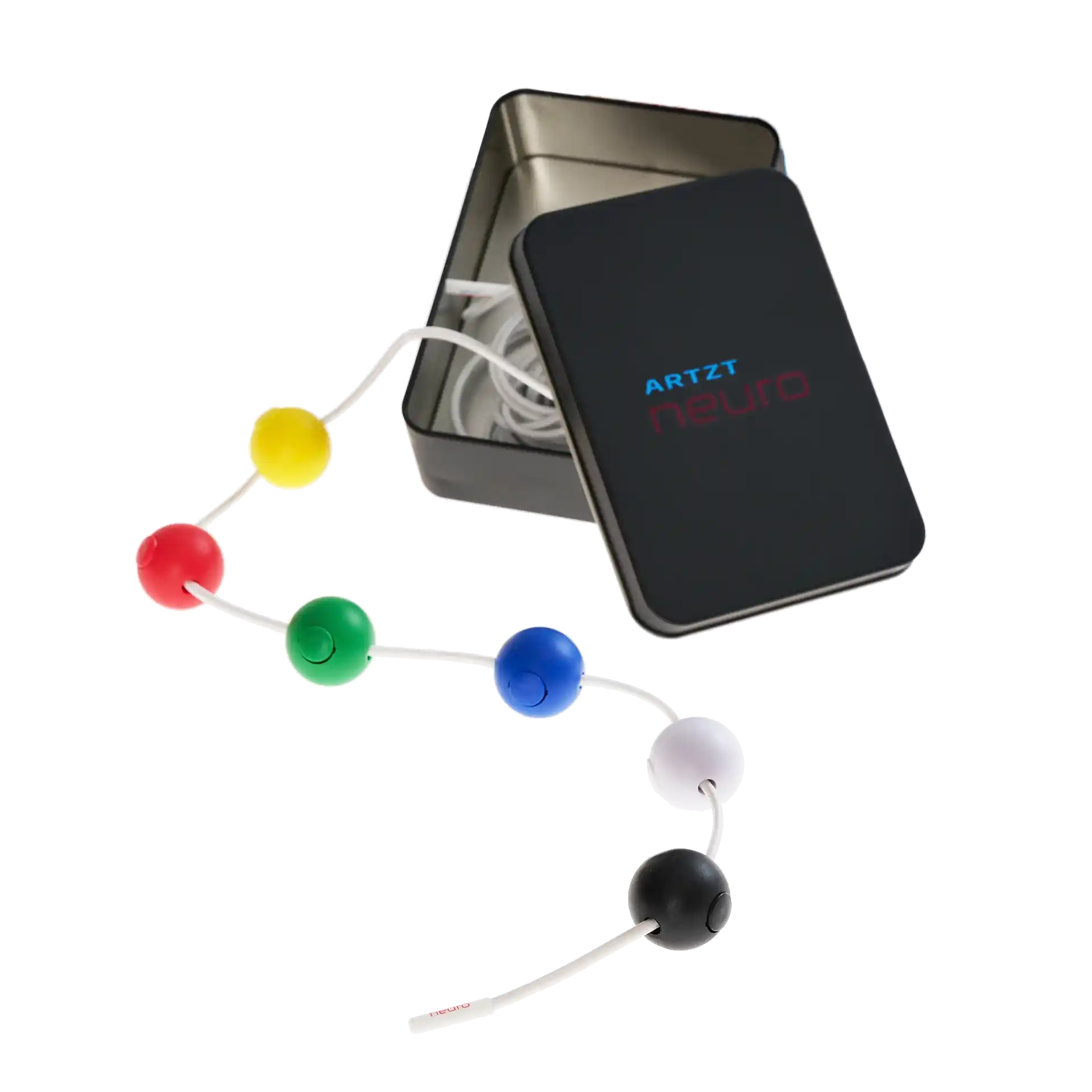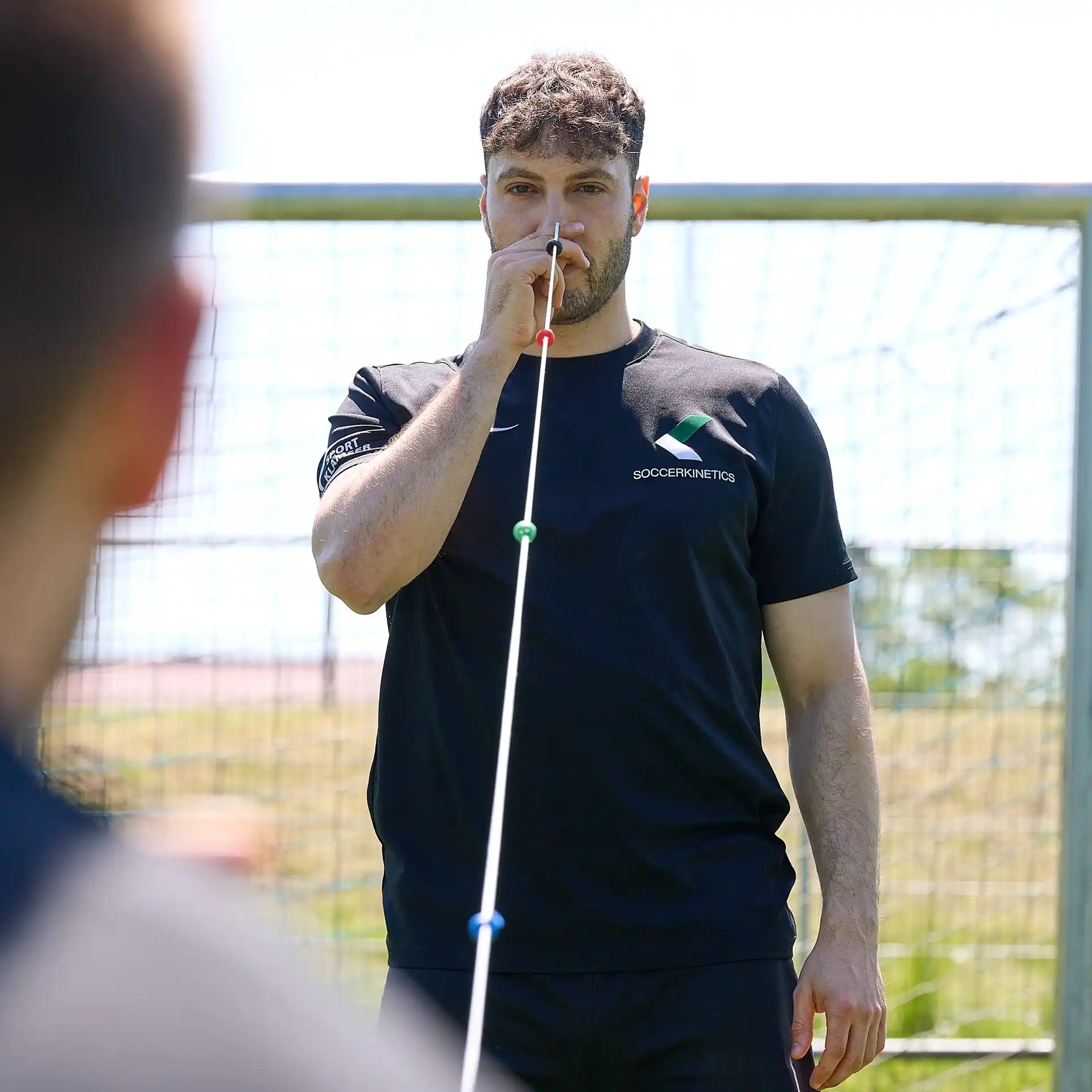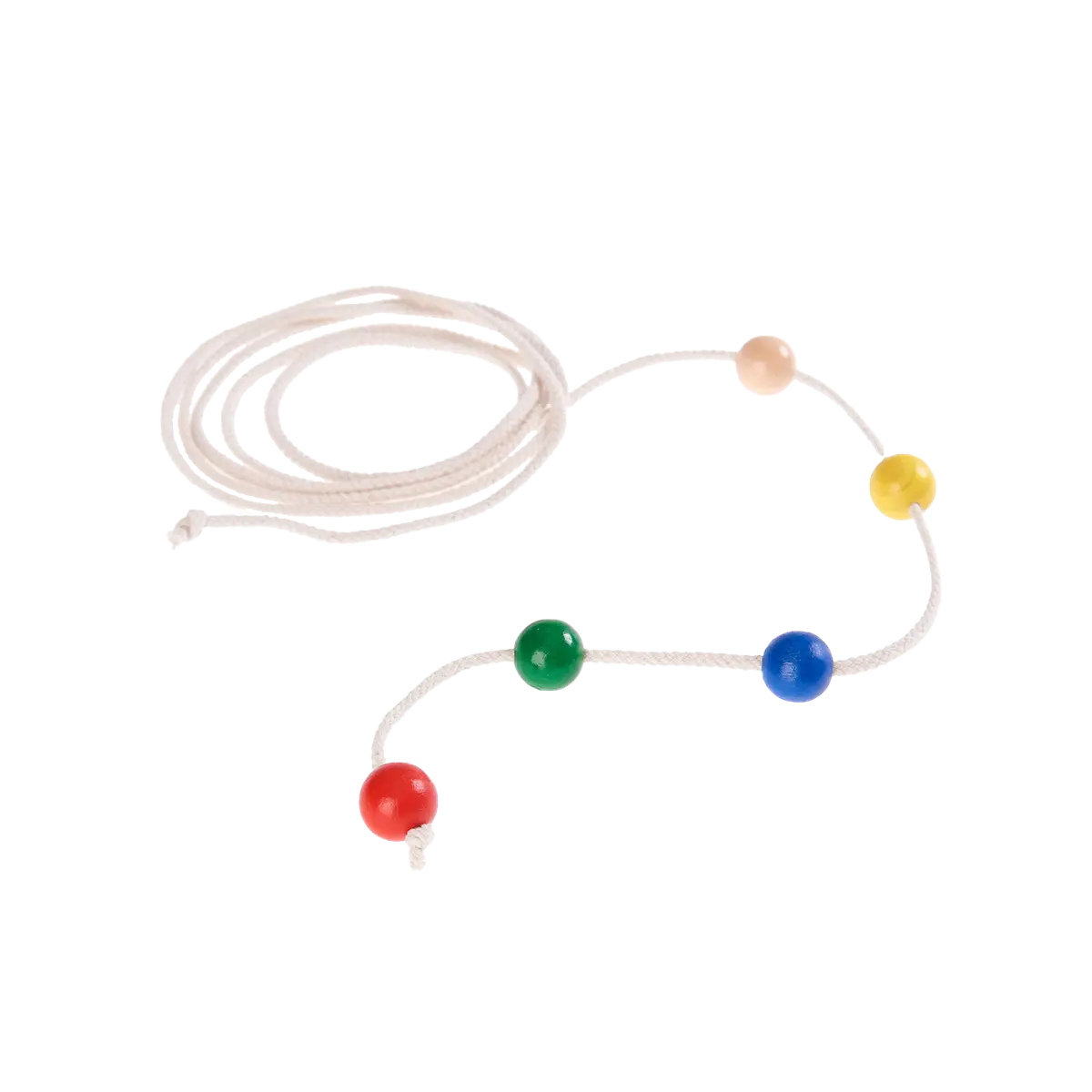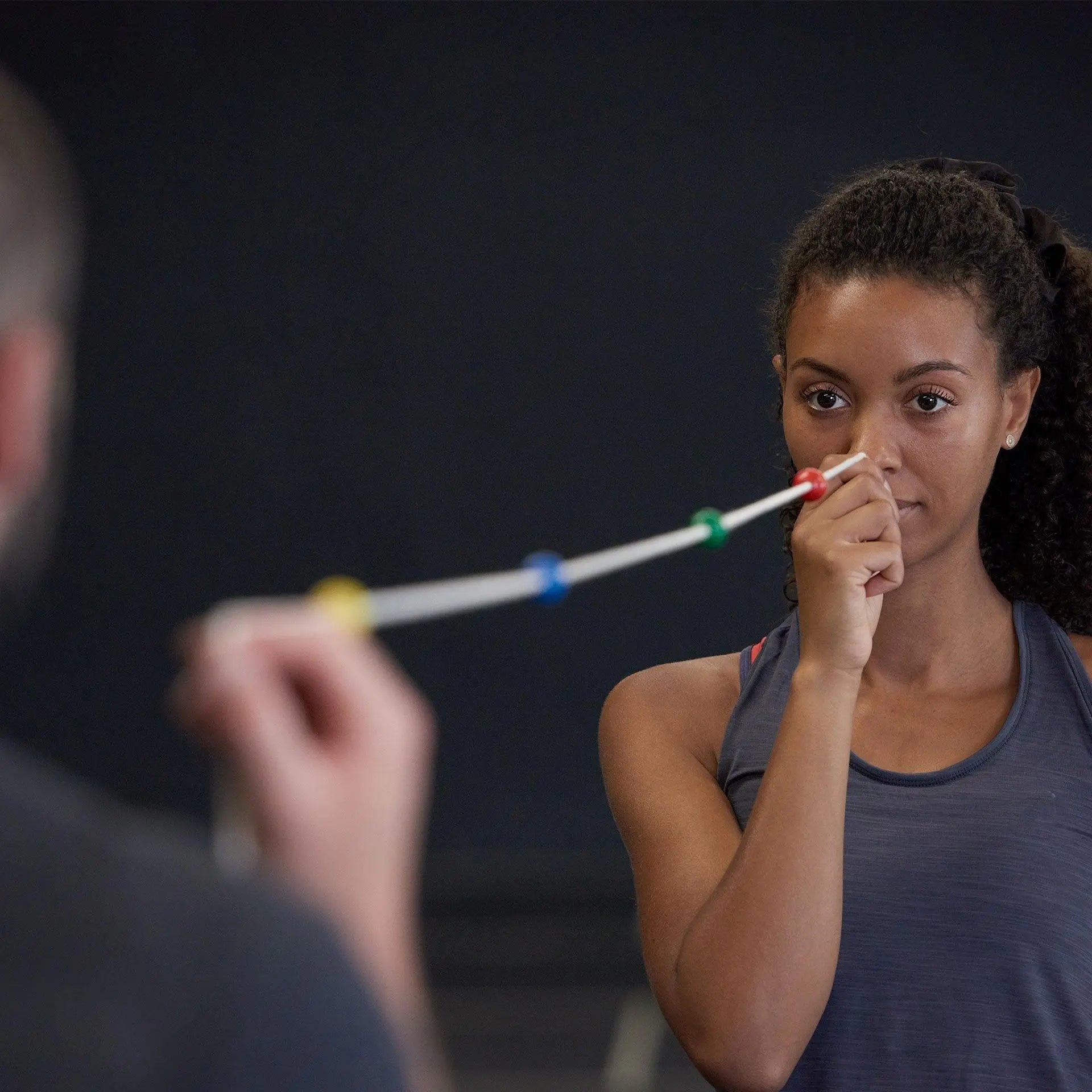About Reinhold Gruber
A spinal cord injury as a turning point from a technical and commercial career changes not only the visible aspects of life, but also many invisible ones. Reinhold Gruber's life changed from one moment to the next; at the age of 21, his emotions, pain, well-being and performance were turned upside down. In addition to the symptoms of incomplete paraplegia, his constantly impaired vision was one of the greatest challenges he faced in his everyday life.
After several years, functional optometry, which is not widely available in Germany, significantly improved his vision problems. But how is it possible that vision training has a direct and noticeable effect on pelvic floor symptoms and spinal pain?
Reinhold studied sports science to gain a deep understanding of human movement. Although the hurdles of his studies seemed insurmountable at first, the application of neuroathletics helped him to complete his degree. Neuroathletics also provided answers to questions about the connections between visual training and pelvic floor function and how this affects overall well-being.
After further investigation, it became apparent that the training was unconsciously helping to rehabilitate an undiagnosed traumatic brain injury – an area in which individual adaptation is key to success. Neurocentric training offers the most appropriate approach in this widely overlooked field.
In addition to his current master's degree in applied neuroscience, Reinhold works mainly in the areas of incomplete paraplegia and continence. When supporting clients, the focus is on collaboration with ARTZT neuro, whether through the provision of products or the expansion of the existing portfolio.
neurotraining-gruber.de
